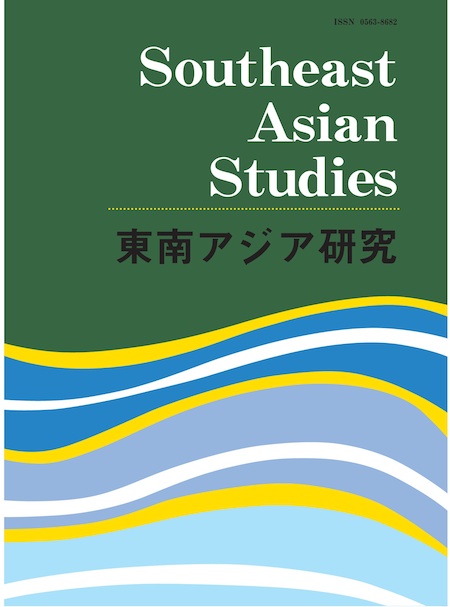The Center for Southeast Asian Studies, Kyoto University, has recently overhauled the website of its quarterly bilingual (English-Japanese) journal Southeast Asian Studies (SEAS). Published since 1963 SEAS reflects the Center’s principle of fieldwork based, multidisciplinary, and contemporary approaches toward research. It publishes peer-reviewed articles from various fields of study on Southeast Asia, including the natural sciences, social sciences and humanities. The journal also carries book reviews and special issues at least twice a year. Access to the journal is free of charge and all our back issues have been digitized. All articles as of the 47th volume (2010) are searchable as PDFs on the website.
Recent highlights include a special issue on relations between Vietnam and Korea (vol. 48, no. 3), which argues that the relationship between these nations highlights a level of dynamism in the East and Southeast Asian regions that cannot be reduced to the role of China and the US. Another recent issue focused on the proximate and distant causes of land-use change in the uplands of Laos, Vietnam and China, with empirical studies of forest policies, forest resource management, and agrarian transformations. The issue after that one focused on commercialization and human-nature relationships in Laos, with articles discussing issues ranging from agro-forest products and commodities to conflicts between water buffalo and market-orientated agriculture.
We currently have a number of other special issues scheduled, including one on the major socio-economic changes that have occurred over the last 40 years in Tamil Nadu, India. This issue will contextualize high economic growth, changes in food production in the state as well as looking at technological changes in agriculture and their impact on people’s livelihoods. Other special issues in 2011 will examine colonial transition in the Philippines and Indonesian and Filipino caregivers in Japan. Always looking to stimulate interest and discussion on Southeast Asia, the journal has also introduced a new section, Themes and Perspectives, where leading scholars from their fields offer innovative and wide-ranging perspectives of long-term interest for Southeast Asia specialists.
Besides the website overhaul, the format of SEAS is also undergoing a major transition. As of 2012, the journal will split into two versions: a Japanese-only version and a new English-language journal aimed at an international audience. We are currently accepting papers, and suggestions for special issues for the upcoming issues that will inaugurate this split. For authors who are interested in submitting unpublished articles or book reviews, or have ideas for special issues for our new journal, please contact us using the email address below. Submissions, ideas and inquiries are accepted all year round by the CSEAS Editorial Office.
 Facebook
Facebook  Twitter
Twitter  Soundcloud
Soundcloud  Youtube
Youtube  Rss
Rss 